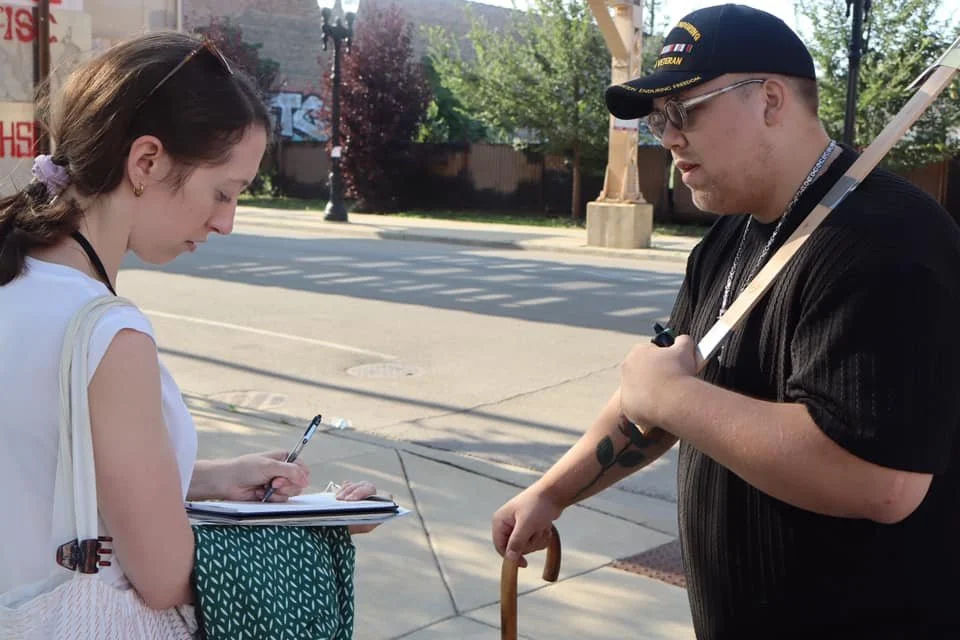Ways to Prioritize Your Mental Health As Seasons Change
As the seasons change, you may start to feel your mood shift. You could begin to feel down when the days get shorter and there are fewer hours of sunlight. Many people experience the same thing, which is why taking extra care of your mental health during this time is essential.
Why Prioritize Mental Health?
Prioritizing your mental health is essential to your well-being, especially during times of change. If you don't take care of yourself, your physical health and relationships may be affected. Try to make yourself a priority even if it feels challenging.
Seasonal affective disorder (SAD) is a kind of depression related to seasonal changes. It is typically experienced by people who live farther in the north due to having fewer hours of sunlight. More common cases occur in the fall in winter but are also possible in the spring and summer. Here are symptoms to look out for:
Fall and winter SAD:
Oversleeping
Cravings for foods, especially carbohydrates
Weight gain
Low Energy
Spring and summer SAD:
Insomnia
Little to no appetite
Weight loss
Anxiety
Increased irritability
If you notice any of these changes, you may want to take steps to get your mental health on track. Here are some ways to prioritize your mental health as the seasons change.
1. Get Moving
Exercise is key to physical and mental well-being. Regular weekly workouts are an effective way to boost your mental health. You can make it as intense as you'd like — there is no reason to force yourself to do unsuitable strenuous exercises. Find something you enjoy and are okay with doing every day.
If it’s not too cold, taking a walk outside is an ideal way to boost your mood through fresh air and sunlight. However, even walking around inside your home or office in the middle of the work day can help. If you’re able, you could try getting a standing desk or a treadmill desk for more structured exercise during the day.
2. Do a Relaxing Activity
Relaxing is a great way to feel a weight lift off your shoulders. You can do any activity you love to do, such as baking your favorite vegan treats or curling up with a good book. If you do not have anything you feel grounds you, there are many you can try out.
Yoga, for example, has been shown to reduce the production of cortisol, the stress hormone, and have positive effects on confidence and self-esteem. While it won’t cure any severe mental health conditions, it can help manage stress and calm nerves in the moment.
3. Get Enough Sleep
It is vital to listen to your body when it needs rest. Lack of sleep may cause issues with relationships, work performance or contribute to mood issues like anger and depression. You also want to ensure you aren't spending all your days in bed. When you sleep too much, you put yourself at risk for other health issues down the line.
4. Talk to People You Love
Keeping in touch with friends and family can distract your mind from feeling down. People often try to isolate themselves when feeling sad, but keeping in touch with those who love and care about you is a great reminder you aren't alone. It is so easy to connect with people now, thanks to technology. If you can’t see them in person, pick up the phone and get talking to lift your mood.
5. Find Some Light
Many people dread the fall and winter as the days get shorter. Few people enjoy leaving the office at 5 p.m. and driving home in the dark. If you’re stuck inside all day and feel like you never see the sun, try an artificial source of light.
Sun lamps are designed to mimic natural light as a way to treat SAD. Studies have shown that just 20 minutes of use can boost serotonin levels. Having a light therapy lamp in your office is a simple way to alleviate seasonal sadness.
You Are Not Alone
During times of sadness, it is essential to remember you are not alone. Taking steps to prioritize your mental health is already a significant step in the right direction. If you feel you are still struggling, don’t be afraid to reach out for help or talk to a professional.



